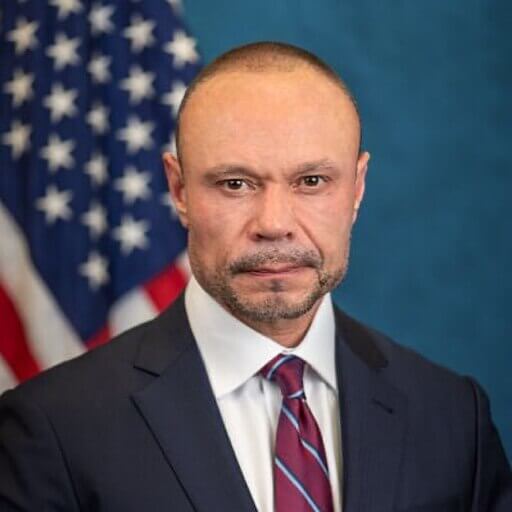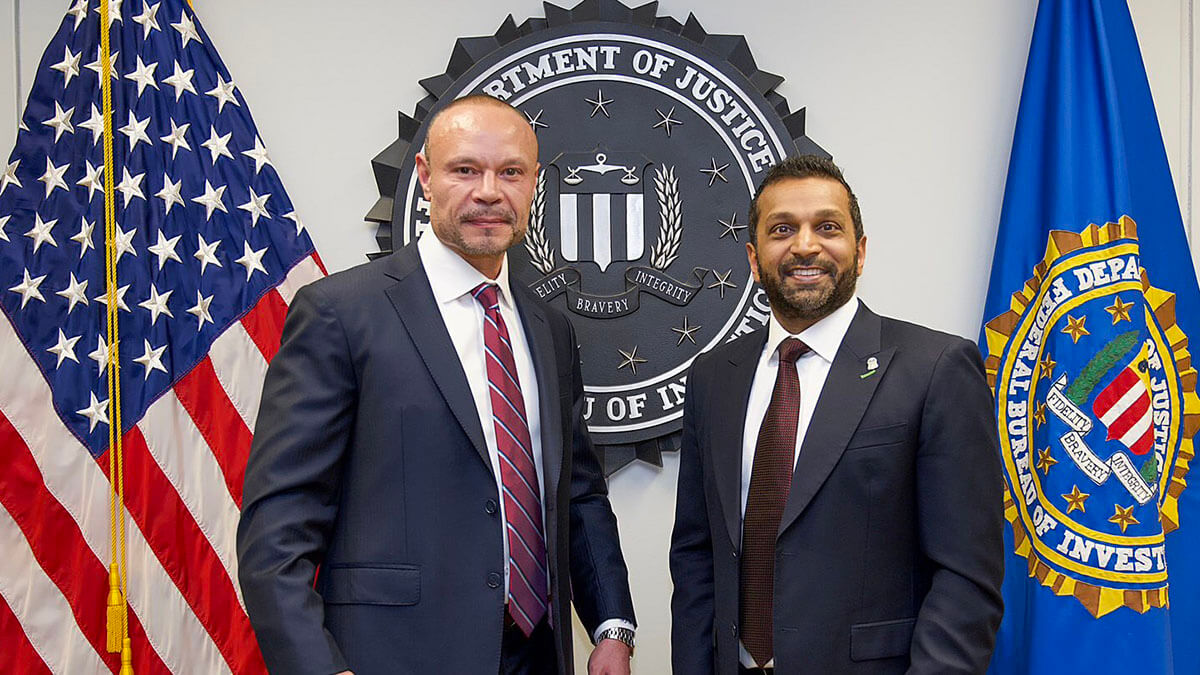
FBI Deputy Director Dan Bongino took to social media this weekend to preemptively counter an anticipated New York Times article about his and Director Kash Patel's leadership at the Bureau. The unusual move highlights growing tensions between the new FBI leadership and traditional media outlets as the administration implements significant changes at the agency.
In his social media post, Bongino specifically addressed what he claimed would be a focus of the forthcoming article by Times journalist Adam Goldman - an incident during which Bongino participated in grappling exercises at the FBI training facility and sustained a shoulder injury. "The instructor I was grappling with got the best of me, because he's incredibly talented," Bongino acknowledged, while downplaying the significance of the event.
The New York Times article that followed, however, did not emphasize the training injury Bongino had anticipated. Instead, it focused on broader concerns about the leadership approach of both Bongino and Patel, who together represent what critics have called the least experienced leadership team in the Bureau's history.
Among the notable voices cited in the Times piece was former FBI agent Kyle Seraphin, who had previously supported Patel but has recently expressed concerns. Seraphin reportedly criticized Patel for "taking selfies with the Hostage Rescue Team" and suggested the leadership team might be succumbing to the very agency culture they were appointed to reform.
The article also explored aspects of Patel's personal life, including his trips to Nashville to visit country music singer Alexis Wilkins using the FBI's private jet. While such travel arrangements are typically standard security protocol for FBI directors, the Times coverage framed these trips in the context of questions about the new leadership's priorities and public persona.
"I am proud to welcome Dan Bongino as the next Deputy Director of the FBI — a warrior and lifelong public servant." - FBI Dir Kash Patel
The Times reporting contrasted Patel's public profile with more reserved approaches taken by previous directors like Louis Freeh and Robert Mueller, who maintained lower public profiles during their tenures. This comparison reflects ongoing debates about the appropriate role and public presence of FBI leadership.
Throughout this media scrutiny, Patel has maintained focus on operational matters in his public communications, highlighting the FBI's work with other agencies like U.S. Customs and Immigration Enforcement in combating transnational criminal organizations. He has not directly addressed the Times article in his official capacity.
Bongino brings significant law enforcement experience to his role. His career began with the New York Police Department in 1995, where he joined as a cadet while attending the City University of New York before becoming a full-time officer. In 1999, he joined the U.S. Secret Service, where he served for 12 years in various capacities. During his tenure, Bongino protected both Republican and Democratic presidents, including George W. Bush and Barack Obama, and even provided security for Hillary Clinton during her 2000 Senate campaign. He also served as an instructor at the Secret Service Training Academy in Maryland, teaching advanced defensive tactics to fellow agents.
Despite these credentials, Bongino's appointment has still sparked debate. His transition from law enforcement to conservative media personality and now back to the highest levels of law enforcement represents an unconventional career path. His appointment as deputy director marks a significant departure from tradition, as the position has historically been filled by career FBI officials with extensive experience within the Bureau itself rather than from other agencies.
The unfolding dynamic between the FBI's new leadership and traditional media outlets like the New York Times illustrates broader questions about the balance between institutional continuity and administrative priorities in federal law enforcement. As Bongino and Patel continue implementing their vision for the agency, both supporters and critics remain focused on how these changes might affect the FBI's operations and public standing.






